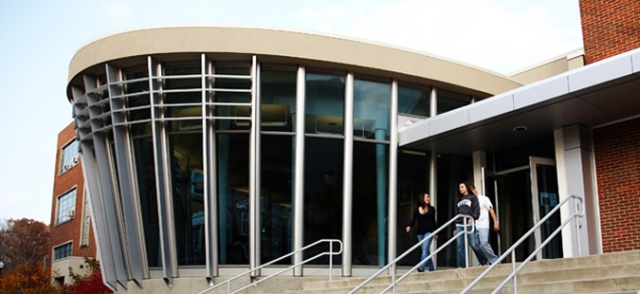Glyphosate Effects on Carbon Assimilation and Gas Exchange in Sugar Beet Leaves
Document Type
Article
Publication Date
10-1-1987
Publication Source
Plant Physiology
Abstract
The mechanism responsible for the inhibition of net carbon exchange (NCE) which was reported previously (DR Geiger et al. 1986 Plant Physiol 82: 468-472) was investigated by applying glyphosate [N-(phosphonomethyl)glycine] to exporting leaves of sugar beet (Beta vulgaris L.). Leaf internal CO2 concentration (Ci) remained constant despite Dec.reases in stomatal conductance and NCE following glyphosate treatment, indicating that the cause of the inhibition was a slowing of carbon assimilation rather than Dec.reased conductance of CO2. Throughout a range of CO2 concentrations, NCE rate at a given Ci Dec.lined gradually, with the time-series of response curves remaining parallel. Gas exchange measurements revealed that disruption of chloroplast carbon metabolism was an early and important factor in mediating these glyphosate effects, perhaps by slowing the rate of ribulose bisphosphate regeneration. An increase in the CO2 compensation point accompanied the Dec.rease in NCE and this increase was hastened by stepwise lowering of the ambient CO2 concentration. Eventually the CO2compensation point approached the CO2 level of air and the difference between internal and external CO2 concentrations Dec.reased. In control and in glyphosate-treated plants, both carbon assimilation and photorespiration at atmospheric CO2level were inhibited to a similar extent of air level of O2. Maintaining leaves in low O2 concentration did not prevent the Dec.line in NCE rate.
Inclusive pages
365-369
ISBN/ISSN
0032-0889
Publisher
American Society of Plant Biologists
Volume
85
Peer Reviewed
yes
eCommons Citation
Geiger, Donald R.; Tucci, Michelle A.; and Servaites, Jerome C., "Glyphosate Effects on Carbon Assimilation and Gas Exchange in Sugar Beet Leaves" (1987). Biology Faculty Publications. 83.
https://ecommons.udayton.edu/bio_fac_pub/83



